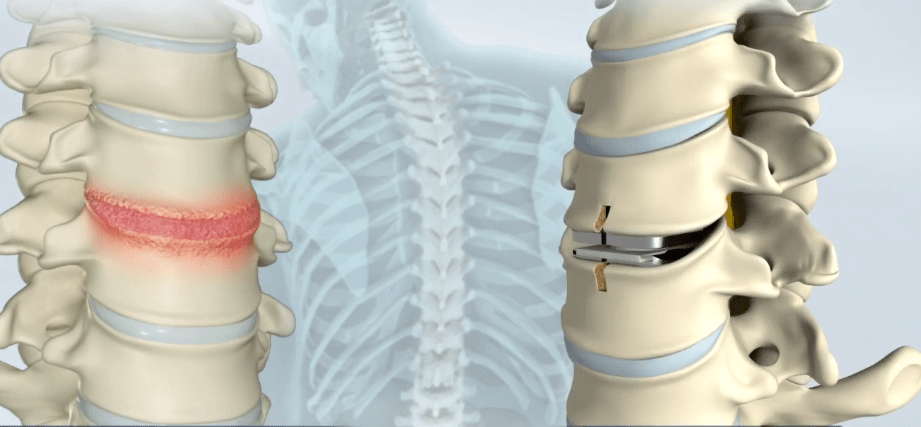Spinal Surgeon NJ
Best Spine Doctor Queens

This website is meant to be used for informational purposes only. It is not intended to replace professional medical advice. Over 200 medical professionals reviewed the information with the aim of providing trustworthy, unique information for patients with painful conditions.
Having a list of questions prepared before a spine surgeon appointment is a valuable use of time for both patient and doctor. Watch: Video: Questions to Ask Your Spine Surgeon
Conditions may also be degenerative, meaning that they cause the structures they affect to gradually deteriorate or break down over time. Disc disease, arthritis, spinal stenosis, and herniated or ruptured discs are all examples of conditions that may be caused by degenerative spine disease. The gradual degeneration of joints and other structures can occur due to gradual wear-and-tear or aging, but it can also occur due to genetics, unhealthy lifestyle choices, repetitive motions or overuse.

